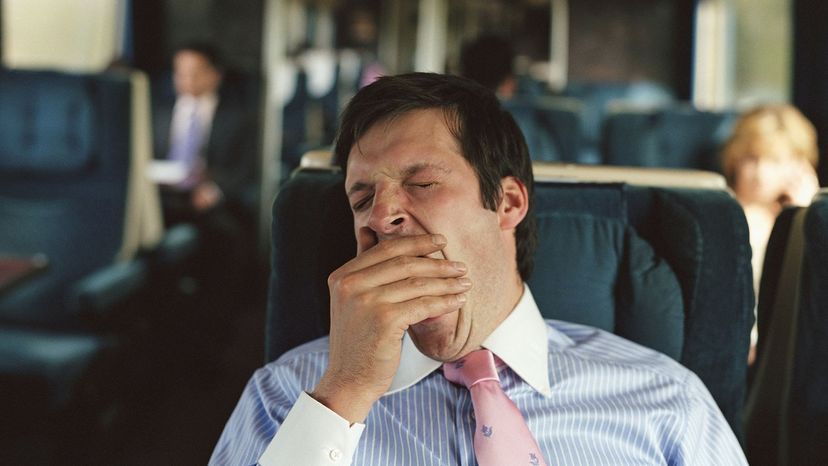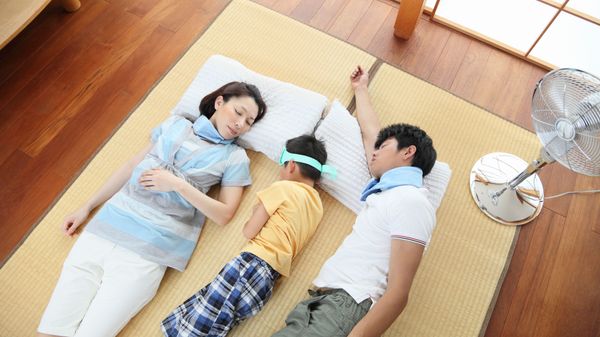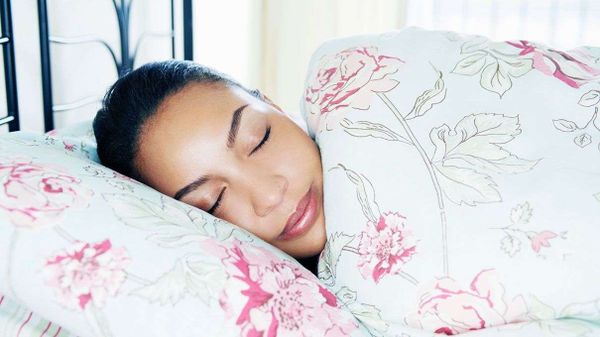
My friend, the mother of a 2-year-old son and 2-month-old baby daughter, owns a hoodie with the words "I'm Tired" printed in big block letters. That hoodie speaks the truth.
Even if we don't have small children waking us up at all hours, too many American adults are sleep-deprived. According to the U.S. Centers for Disease Control and Prevention (CDC), 35 percent of U.S. adults aren't getting the recommended seven hours or more of sleep per night.
Advertisement
And a Sleep Foundation survey found that even those who average more than seven hours each night still wake up bone tired. For 35 percent of Americans, the quantity of sleep is there, but the quality is not, and is rated as "poor" or "only fair." Even worse, 20 percent of those surveyed reported not waking up refreshed for the past seven days straight.
We reached out to clinical psychologist and author Michael Breus, a.k.a. The Sleep Doctor, and author of the free e-book "10 Things Great Sleepers Do", to help identify the five most common lifestyle mistakes that affect sleep quality.
Advertisement

